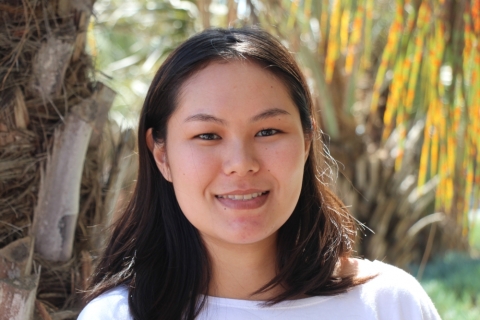
Date:
Location:
Speaker:
Title: Complex Langevin simulation of the coherent states path integral for bosonic many-body problems
Abstract:
As demand for next-generation materials drives exploration into more exotic systems, an understanding of quantum, not just classical, phenomena becomes prerequisite to development. Atomic physics provides a useful platform for studying fundamental quantum physics relevant to understanding new materials; however the low temperatures and high vacuum conditions of experiments limits the data that can be collected. As a result, numerical simulation plays an important role in both guiding experimental design, and understanding experimentally observed signatures.
In this talk, I will detail the development and application of a simulation method inspired by polymer simulation methods that enables fast simulation of dense, complicated systems of many bosons at finite temperature. We use the coherent states field formulation as a basis, rather than particle coordinates as is typical of Monte Carlo (MC) methods. By making this transformation, it is no longer necessary to track individual particle coordinates and the computational cost is virtually independent of system density. Because the resulting theory is not amenable to MC methods we use complex Langevin (CL) sampling, a fictitious dynamics scheme that allows for the calculation of equilibrium thermodynamic quantities. Although it is not new, this method is currently underutilized; only a handful of studies using coherent states with complex Langevin sampling have been published. I will discuss the application of this simulation method to two practical systems: (1) a quantum thermodynamic engine with a Bose-Einstein condensate of Li-7 as the working fluid, and (2) a rotating Bose-Einstein condensate gas. Both of these systems are untenable for current MC methods due to the large system size or presence of an irremovable sign problem.



